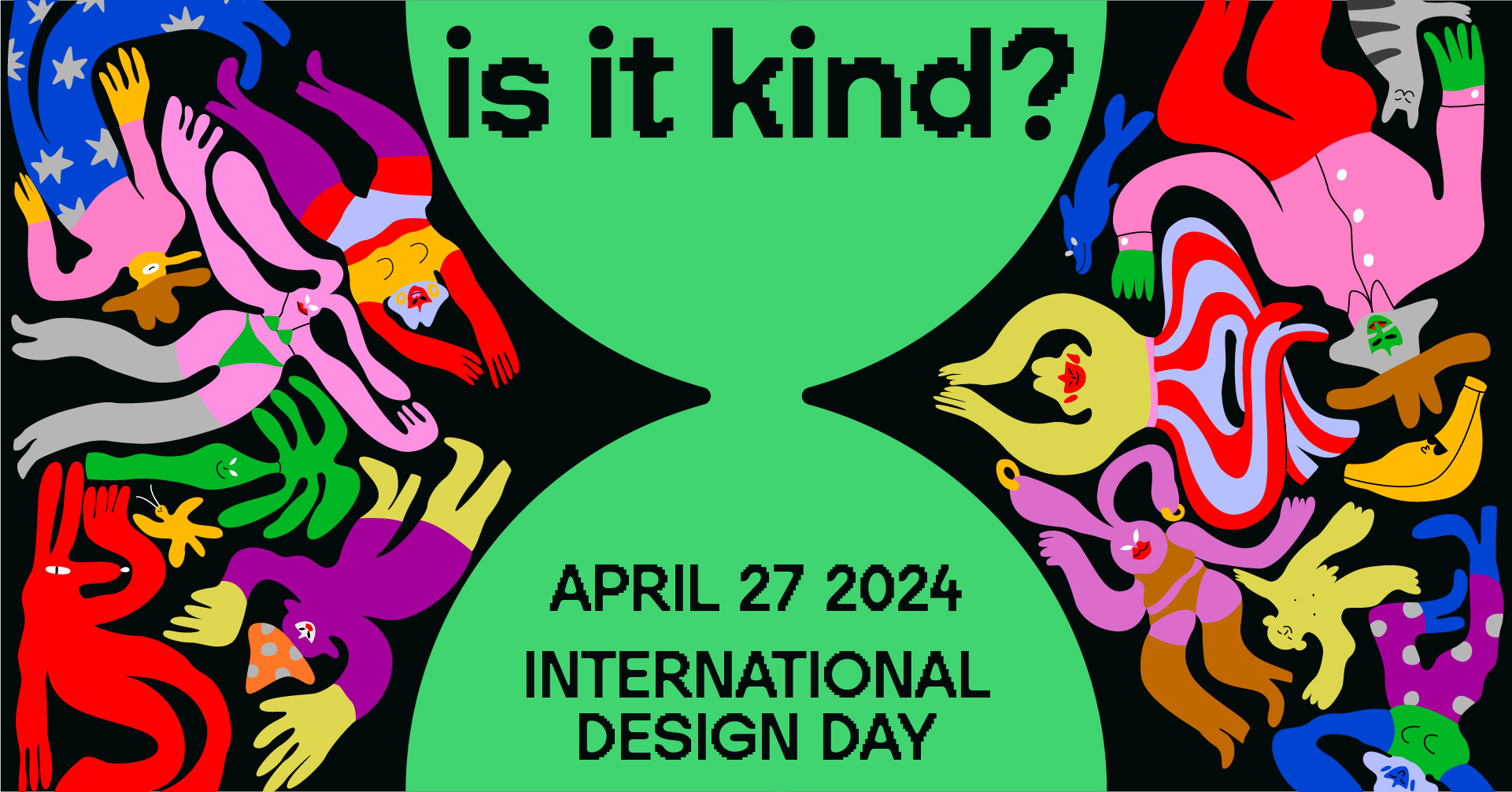the council releases two new design award competitions best practice papers
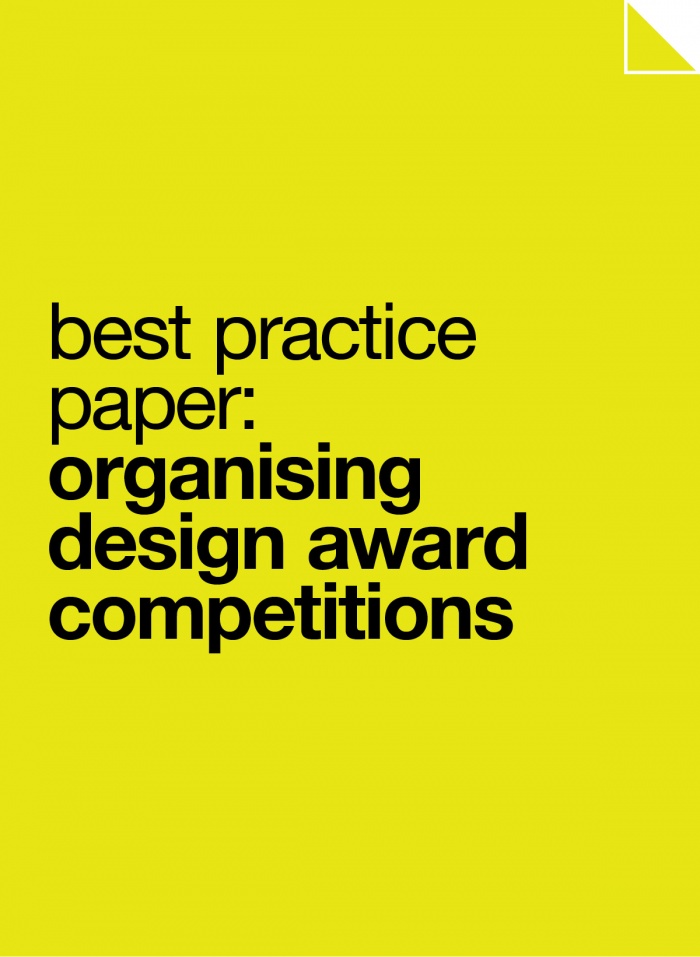
30.10.2019 ICoD news
Since our founding, ico-D has published guidelines for good practice in the organisation of Design Award Competitions. This series of documents, Best Practice Paper: Organising Design Award Competitions and Best Practice Paper: Serving as a Juror for a Design Award Competition, was developed as a series of guidelines for Organisers and Jurors to conceive of, and serve as judges, in Design Award Competitions, in ways that are ethical and respect the integrity of designers, the design process and the value of design.
The Best Practice for Design Awards Competitions series recommends, through its concept, vocabulary and recommendations, an ethical professional practice for designers all over the world. Developed by the Council as a design resource, the two documents are based on Members' experiences of Design Award Competitions in their regions, and each paper includes a comprehensive Lexicon for the purpose of establishing a common terminology across countries.
BEST PRACTICE POLICY REVIEW COMMITTEE
Over the past term, a Policy Review Committee was formed by ico-D Secretary General Tyra Von Zweigbergk, including President Zachary Haris Ong, President-Elect Johnathon Strebly, Past President David Grossman, Treasurer Rebecca Blake and Managing Director Ana Masut. The worked on the review of these documents throughout the term. The intent was to not only update the white papers in terms of technology, but to make them more instructive.
The goal is to make Design Awards that are ethical in their treatment of design professionals and that impact the standards of the global design industry positively. These best practice papers are not “rules” to “policing” people with, the Council simple hopes to provide tools for Organisers and design professionals sitting on Juries to improve their Award Competition by implementing strategies we have learned through years of participating in these events and speaking to event Organisers.
WHAT'S NEW ABOUT THESE PAPERS
New features of these best practice papers include: a lexicon, additional information on types of award schemes and planning methodology, more in-depth explanations of why things should be done in a particular way. These hey are about 40% more detailed than they used to be in their original conception.
Because every Design Award Competition is different, we hope that with the new explanations, Organisers will be able to understand how to apply these Best Practices to their situation in the aim to reach the best competition they can.
Jury Members should know a little about the mechanics and expectations as well as their rights, as representatives of the Design profession at these events. They should be aware that they are not supposed to be serving the interests of the Organiser above those of their fellow designers. If everything is being done well, all those interests should be aligned but there are cases when they are not.
Lastly, as professional organisations representing designers, as schools training designers and as Promotional bodies for design advocating for design in their regions, they should be aware of these standards of practice, teach them and share them within their communities. This is why we make these public resources, with the hopes that higher standards of practice will increase the working conditions of designers everywhere.
WHY FOCUS ON DESIGN AWARD COMPETITIONS?
The aim of Design Award Competitions is to evaluate and recognise existing work created by designers. Design Award Competitions can play an important role in the field, serving to illustrate and define current design benchmarks that may influence future design projects, methodologies and outcomes. While most Award organisers have the best of intentions, sometimes—whether out of inexperience or logistic expediency—they end up undermining the very design professionals they are hoping to help.
Design Award Competitions differ from contract work or award schemes that ask for original (new) work, which at times, may constitute speculative practice. Best Practices Papers are developed in order to establish a common set of ethical practices to follow in order to avoid the risk of spec practices and to uphold the professional practice of designers.
A REVIEW OF BEST PRACTICES
A best practice is a way of doing things that—through experience—has proven to achieve a desired result, or has become a standard way of doing things. In the context of the work of the International Council of Design, are intended to provide designers and related stakeholders with guidelines and information about an array of concepts, processes and methodologies to address relevant issues for the promotion of ethical design practice. The point of the Best Practice documents is not to regulate or enforce, but rather to provide clear guidelines to explain the impact of different choices and propose solutions for common issues. This series is available for Members to download and distribute widely.
BEST PRACTICES FOR ORGANISERS
The Organiser of any Design Award Competition establishes what the value of the Design Award is and what it will bring to the field of design. The Organiser must consider all the stages and varied responsibilities that will be involved in its conception, planning and execution.
The Best Practice Paper: Organising Design Award Competitions guides Organisers towards assessing the value and objectives of their Design Award Competition, helping them to develop a sound concept, outline the stages and structure, providing steps to plan effectively and responsibly. The document outlines in detail: how to develop ethical Competition Rules, the challenges of preparing Jury Selection and a Call for Submissions, and how to ensure effective Jury Deliberation. Finally, the paper includes notes on the pitfalls of Award schemes that promote speculative practices and how to avoid them.
Download Best Practice Paper: Organising Design Award Competitions.
BEST PRACTICES FOR JURORS
The Best Practice Paper: Serving as a Juror for a Design Award Competition guidelines are intended to assist individuals invited to serve as members of a Jury in a Design Award Competition, as well as award competition Organisers. Whether you are an experienced Juror or accepting your first invitation, the judging process for any Design Award Competition should be clearly understood and carefully observed since the quality of the Jury may have significant impact on the quantity and quality of submissions received. From accepting an invitation to serving on a Jury, to upholding its roles and responsibilities, to the Judging and deliberation period itself, this document provides detailed recommendations that help Jurors decide if the Design Award Competition is a good fit, and if so, how to serve as an ethical Juror throughout all the stages of the process.
These best practices for Jurors have been developed to promote consistent high standards, and aim to encourage broad representation and a common application of practical considerations.The Jurors role is not only to judge the work submitted to the Design Award Competition, but also to contribute expertise to the overall Competition and that their reputation will be compromised if they are associated with a competition that does not follow Best Practices.
Download Best Practice Paper: Serving as a Juror for a Design Award Competition.
Being informed of the larger issues regarding the treatment of design work and ethical standards will ensure that Organisers and Jurors protect their professional reputation. These documents are intended to serve as companions to existing ico-D Best Practice Papers , with close attention given to guiding Organisers and Jury members as they embark upon the exciting task of creating and judging in Design Award Competitions.
LINKS
Best Practice Paper: Organising Design Award Competitions
Best Practice Paper: Serving as a Juror for a Design Award Competition
ICoD Professional Code of Conduct
ICoD Best Practice Papers resource page
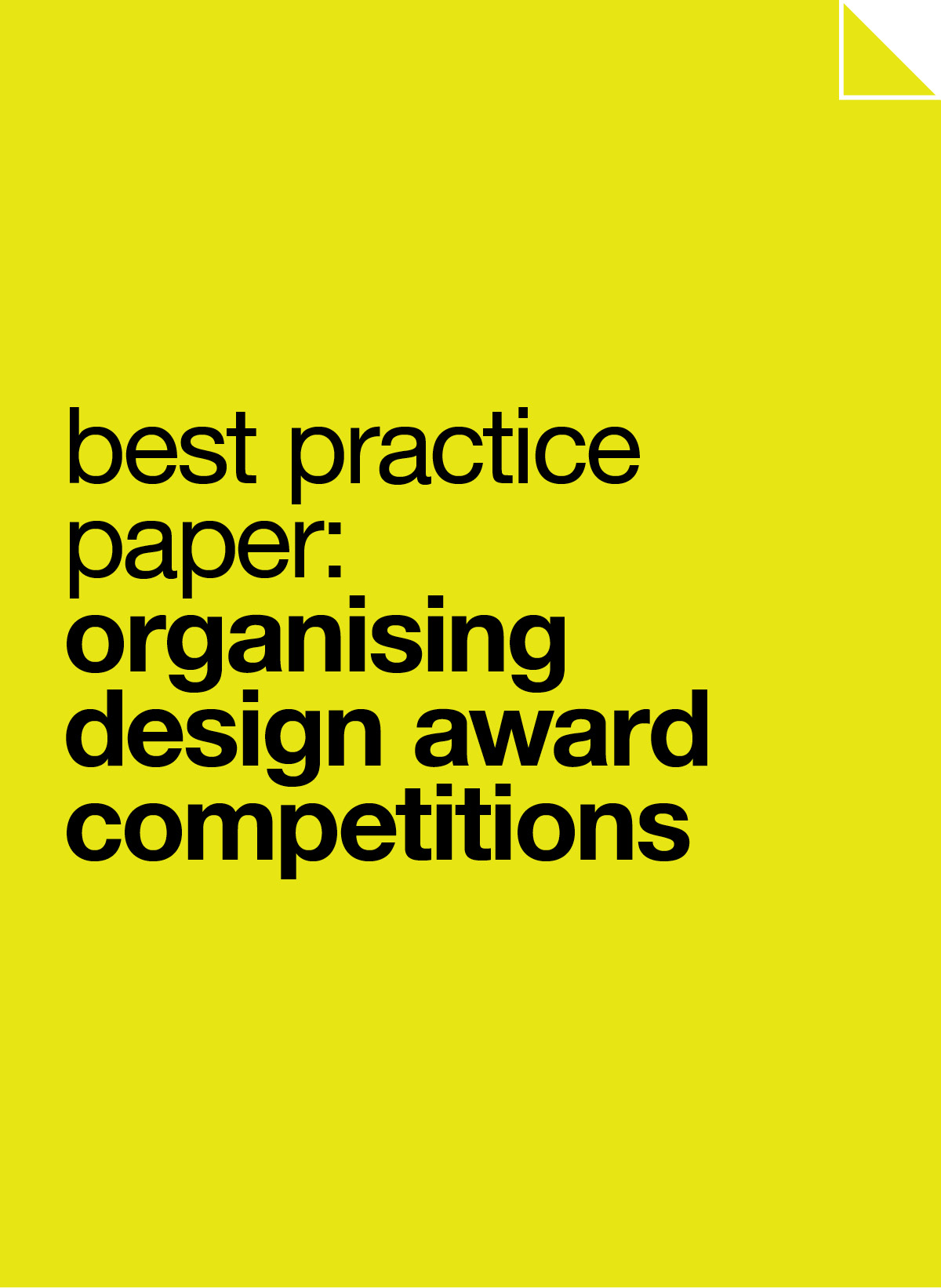
relatedarticles
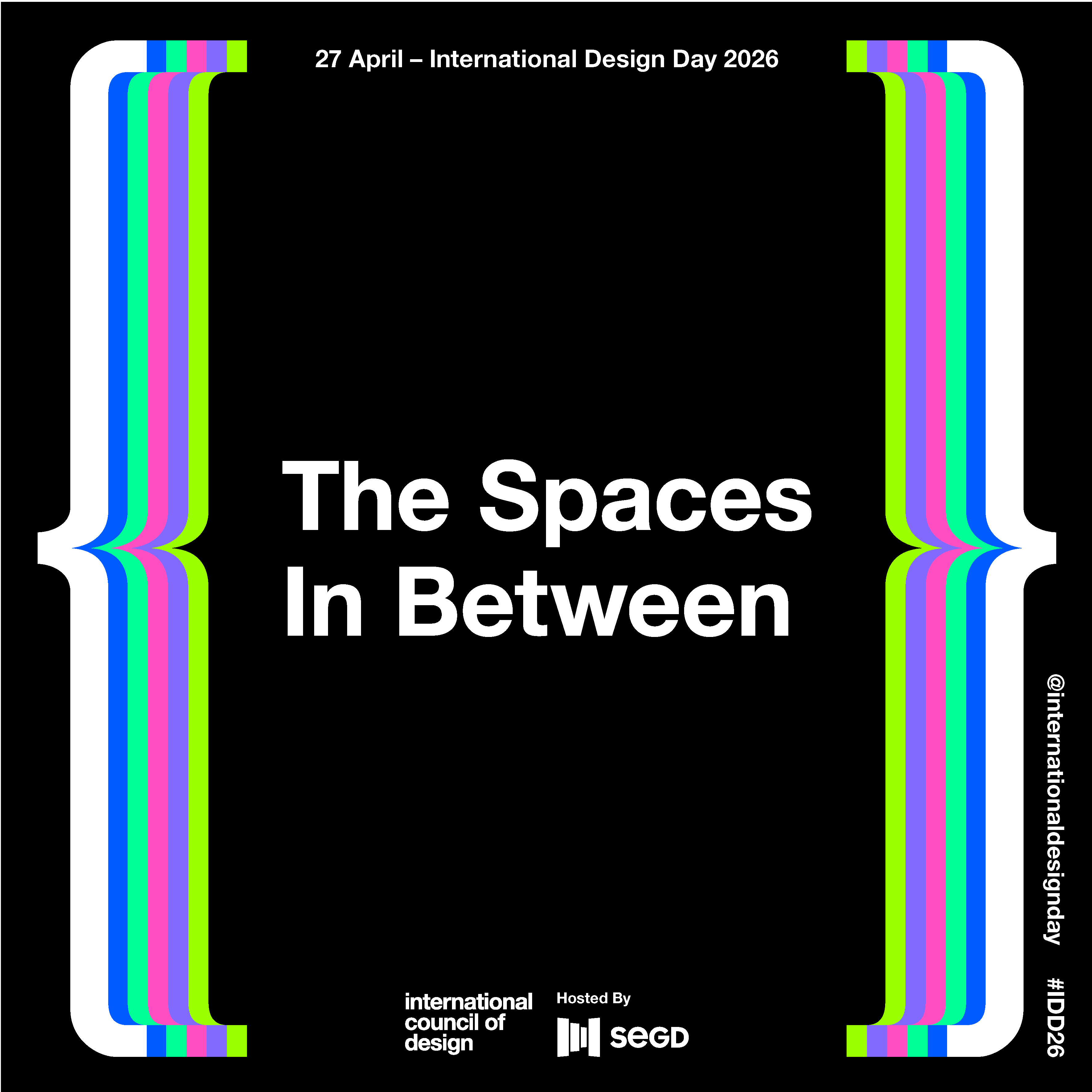
The Spaces In Between: ICoD Announces International Design Day 2026 Theme
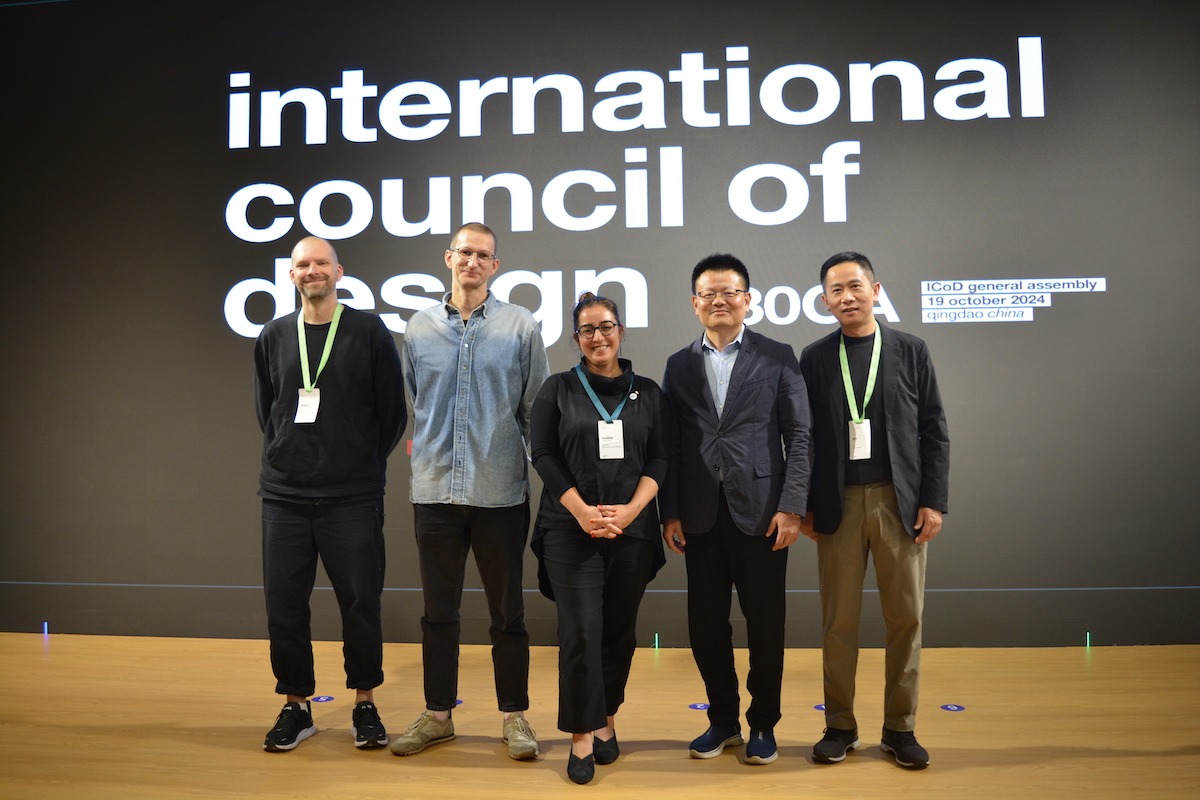
meet the 2024–2026 executive board
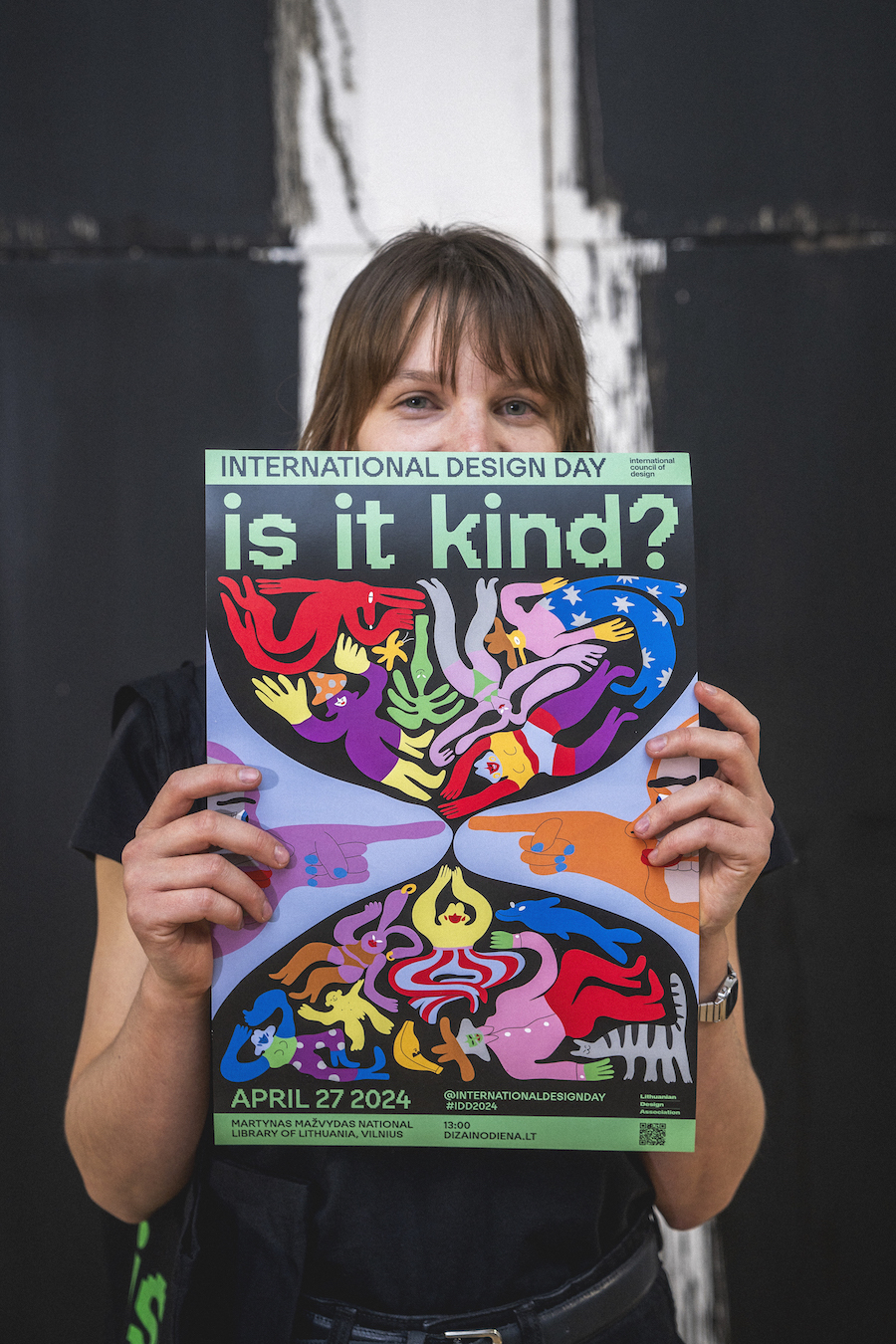
international design day 2024: is it kind? recap
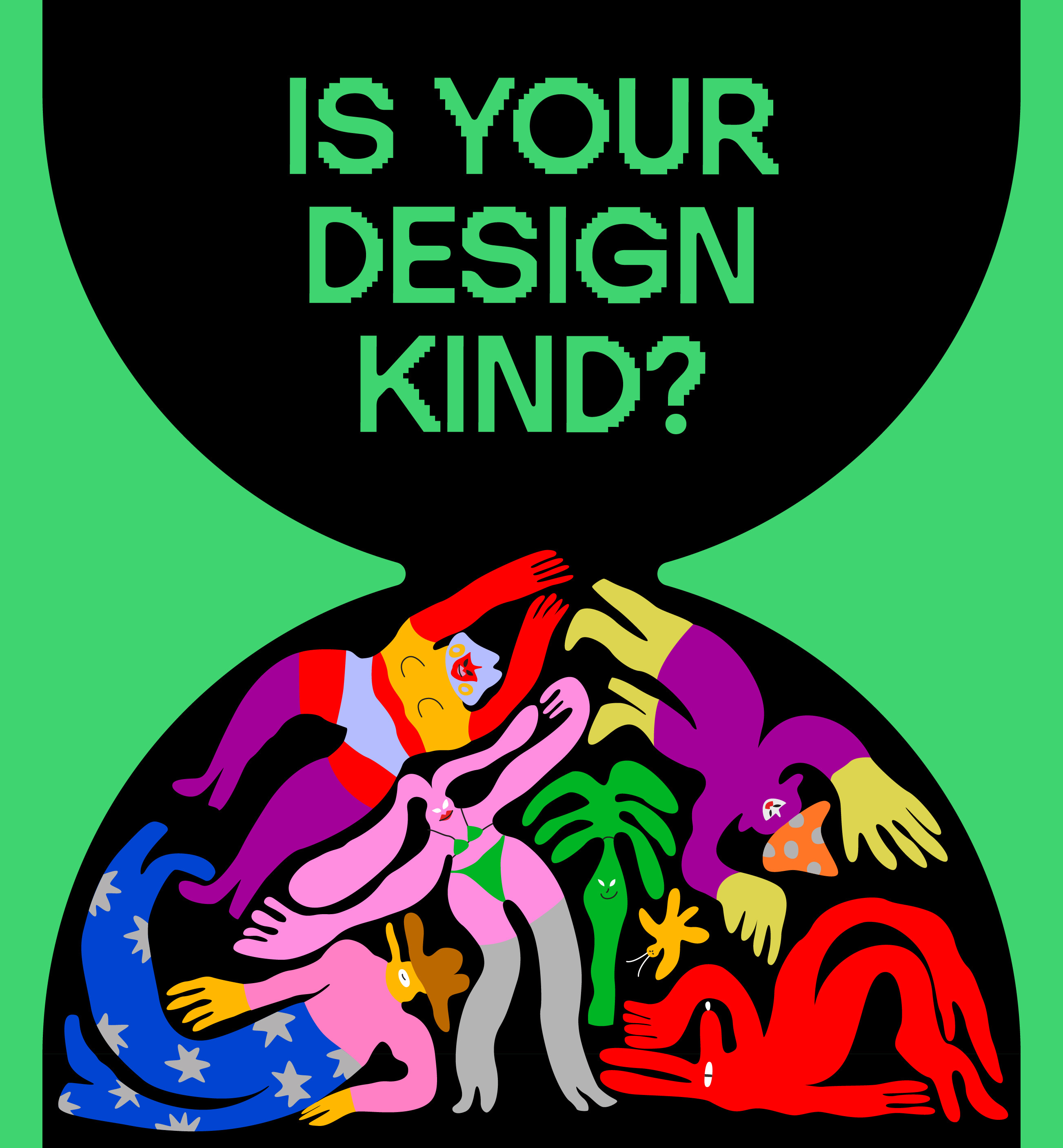
LDA forum + international design day 2024 conference
